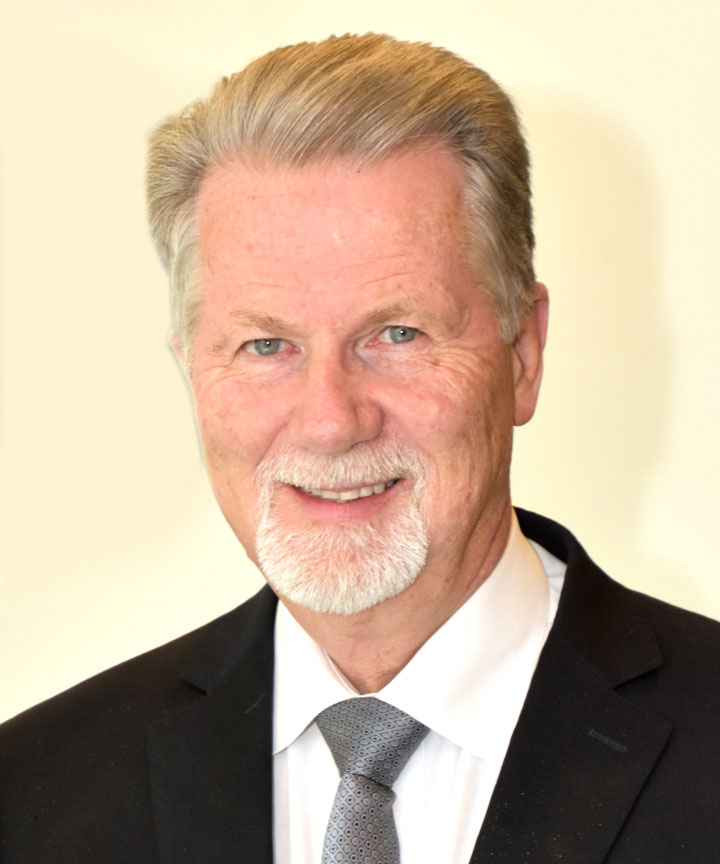Synchron has registered its frustration in accessing information from institutionally-owned licensees for advisers who are seeking to join its network.

In a release in which Synchron Director, John Prossor, reveals that Synchron rejects as many advisers as it accepts into its national network, Prossor singles out institutional licensees with whom he and his firm have experienced difficulty in accessing key information required in order to conduct their due diligence on the advisers seeking to join the risk-focused licencee.
Prossor relates the specific elements that constitute Synchron’s due diligence process when it comes to vetting adviser applications, including the critical importance played by its state managers, who are the first step in its due diligence process.
In addition to checking the adviser’s educational qualifications and other standard checks such as references, bankruptcy and Australian Federal Police record checks, a consistent challenge, according to Prossor, rests with the institutional licensees:
Institutional licensees have, for reasons unknown, often been less forthcoming…
“We always ask for a check from a current or previous licensee,” said Prossor, “…and they have generally been very easy to obtain for the past 20 years… from non-institutional licensees.” He continued, “Institutional licensees have, for reasons unknown, often been less forthcoming. We sometimes have trouble getting reports or else we receive very generic non-specific answers to the questions we ask. In the interests of financial advice clients, this must change.,” he said.
Prossor outlines in his release three specific areas of frustration in relation to transparency from institutional licensees on adviser reference checks:
- The Australian Banking Association (ABA) produced a protocol for bank-owned licensees a few years ago in an effort to solve this problem (of adviser reference checks). Synchron is not a signatory to that protocol, because the ABA has not so far allowed us to join, despite our requests.
- The ABA protocol does not include a number of important qualitative questions, such as:
What is your experience with this adviser as an authorised representative?
Did this adviser require a high degree of support?
Were there any ongoing training issues with this adviser?
Is the adviser’s training up to date?
Do you know why the adviser is changing licensees?
Is the adviser resigning or was the adviser terminated?
Would you have the adviser back if they wished to return?”
- The third problem we have with the ABA protocol is around the need to join it in the first place. Why do we need to join a protocol to find out whether or not there are issues with an adviser? In the interests of financial advice clients, this information should be made confidentially available between licensees on request.
Prossor’s call for change that will allow greater transparency for all licensees when conducting due diligence on advisers comes in the wake of a number of damning revelations during the ongoing Royal Commission into Misconduct in the Banking, Superannuation and Financial Services Industry, where its sixth round of public hearings, scheduled to commence from 10 September 2018, will focus on insurance.




This would seem to be over complicating it. You can always request the last two audit reports and if you have any concerns require an adviser to provide an authority to speak to their current licensee’s professional standards area.
With the authority in hand, the previous licensee would actually be putting itself in a dangerous position if it did not answer your questions honestly and openly.
I do agree that you do not need the ‘ABA Protoco’l which sounds like another hurdle institutional licensees are putting in place to protect their market share rather than a genuine attempt to provide accurate information
Comments are closed.